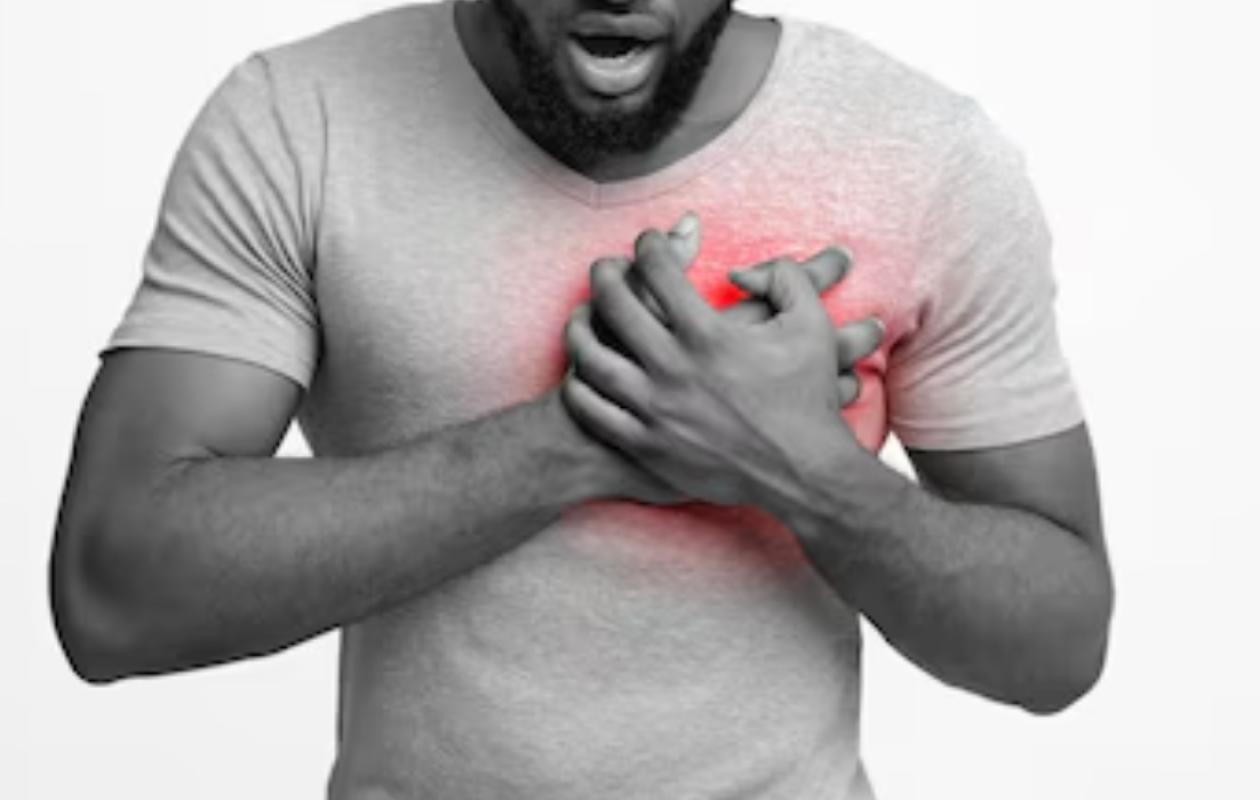
Cardiologie interventionnelle : Une coopération franco-sénégalaise pour traiter des patients à haut risque
"Heart disease is the leading cause of death worldwide, and there's no reason it should be any different in Senegal," says Dr. Jérémy Boutot, an interventional cardiologist. Leading a mission of cardiologists from the Tours University Hospital (France), he is participating in the fourth consecutive year of collaboration with the Idrissa Pouye General Hospital (formerly HOGGY). This initiative, focused on complex coronary angioplasties, is generating both hope and recognition, given the pressing need for cardiovascular disease, the world's leading cause of death. For five days, his team treated nearly 25 complex cases, or five to six operations per day, some planned for several months, others urgent. "These interventions make it possible to treat high-risk patients whose outcomes would have been unfavorable in the coming weeks without prompt care," explains Dr. Boutot.
On the Senegalese side, the partnership is seen as a real breath of fresh air. "It's a mission that is always welcome. It helps us care for patients with very complex injuries, whose treatment costs millions of CFA francs, if you take into account the equipment involved," emphasizes Dr. Cheikh Mouhamadou Bamba Diop, an interventional cardiologist in Dakar. For him, the added value goes far beyond immediate care. "This partnership is beneficial because there is a gradual increase in the skills of local doctors. Each mission allows us to progress in the management of complex injuries. It's a learning experience that will ultimately benefit the entire Senegalese population," he adds.
The interventional cardiology department at Idrissa Pouye General Hospital faces a constant flow of patients. "We have an average of about twenty cases per week, and there is also a waiting list," explains Dr. Diop. Selection is based on the complexity of the coronary lesions, the number of arteries affected, and their location. But the specialist warns: "The number of cases is very recurrent and probably underdiagnosed. Wider awareness is needed."
Risk factors and prevention
Awareness-raising focuses in particular on cardiovascular risk factors: high blood pressure, diabetes, a sedentary lifestyle, smoking, and drug use. "It's a criminal conspiracy," summarizes Dr. Diop. The main warning sign remains chest pain. "Anyone who experiences chest pain should seek medical help quickly. A simple electrocardiogram may be enough to identify the problem and initiate treatment," he insists. Beyond interventions, the French mission also aims to train and transfer skills. Each procedure is followed by a debriefing, and the equipment used, often unavailable locally, is presented to the Senegalese teams to anticipate its future integration. "This mission is part of a continuum: four French doctors have already worked here, and we communicate remotely throughout the year," explains Dr. Boutot.
Commentaires (2)
Participer à la Discussion
Règles de la communauté :
💡 Astuce : Utilisez des emojis depuis votre téléphone ou le module emoji ci-dessous. Cliquez sur GIF pour ajouter un GIF animé. Collez un lien X/Twitter ou TikTok pour l'afficher automatiquement.